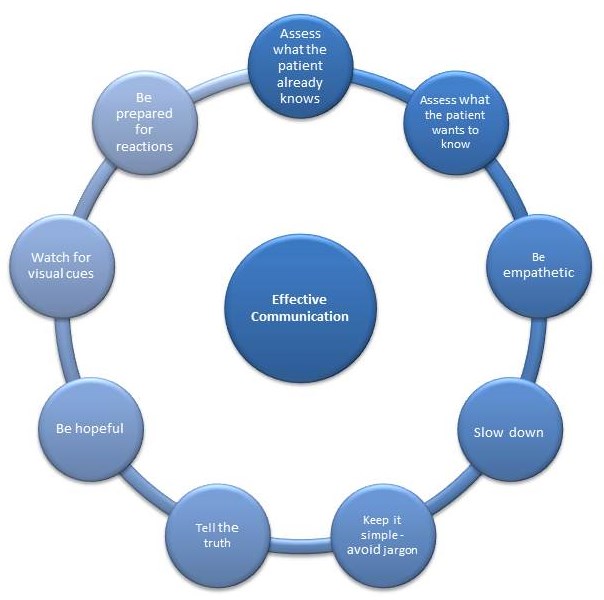
Navigating sexual issues in a relationship can be challenging, but effective communication is key to fostering intimacy, understanding, and connection. Many couples face difficulties discussing sexual problems, often leading to misunderstandings, frustration, and even resentment. In this blog, we will explore the importance of communication in relationships, provide tips for approaching sensitive topics, and offer conversation starters to help partners engage in open and honest discussions about sexual health.
The Importance of Communication
Communication is the foundation of any healthy relationship, and it becomes even more crucial when discussing sexual problems. Here are a few reasons why effective communication is essential:
- Building Trust: Open discussions about sexual health foster trust between partners. It shows that both individuals care about each other’s feelings and well-being.
- Enhancing Intimacy: Talking about sexual issues can deepen emotional intimacy and create a safe space for vulnerability, leading to a stronger bond.
- Addressing Misunderstandings: Miscommunication can lead to assumptions and negative feelings. Honest dialogue helps clear misunderstandings and promotes empathy.
- Finding Solutions Together: Open discussions allow partners to collaboratively identify issues and explore solutions, enhancing overall satisfaction in the relationship.
Tips for Approaching Sensitive Topics
Discussing sexual problems requires sensitivity and tact. Here are some tips for approaching these conversations effectively:
1. Choose the Right Time and Place
Select a private, comfortable setting where both partners feel relaxed and can speak openly without distractions. Avoid initiating these discussions during intimate moments or when one partner is stressed or preoccupied.
2. Use “I” Statements
Frame your thoughts using “I” statements to express feelings and experiences without sounding accusatory. For example, say “I feel concerned about our intimacy” instead of “You never want to be intimate.”
3. Be Honest and Direct
While it’s important to be gentle, it’s equally essential to be clear about your feelings and needs. Avoid beating around the bush, as this can lead to confusion.
4. Practice Active Listening
Listening is just as important as speaking. Encourage your partner to share their thoughts and feelings, and show empathy by acknowledging their perspective. Repeat back what you hear to ensure understanding.
5. Avoid Blame and Judgment
Keep the conversation focused on feelings and experiences rather than placing blame. This helps create a non-defensive atmosphere conducive to open dialogue.
6. Be Patient
Discussing sexual issues may evoke strong emotions. Be patient and allow time for processing feelings. It might take several conversations to address complex issues fully.
Conversation Starters
Here are some examples of conversation starters to help initiate discussions about sexual health:
1. “I’ve been thinking about our intimacy lately, and I’d love to hear how you feel about it.”
2. “I read an article about sexual health, and it made me wonder if there are things we could improve in our relationship.”
3. “Can we talk about our sexual needs and desires? I think it could help us understand each other better.”
4. “I’ve noticed that we haven’t been as intimate lately. Is there something on your mind that you’d like to discuss?”
5. “I want us to have a fulfilling sexual relationship, and I think it would help to talk about what we both enjoy and what we might like to change.”
6. “How do you feel about our current level of intimacy? Are there any concerns or desires you’d like to share?”
Conclusion
Effective communication is essential for addressing sexual problems in a relationship. By fostering an open and supportive environment, partners can navigate sensitive topics with empathy and understanding. Remember that discussing sexual issues is not a one-time conversation but an ongoing dialogue that can lead to greater intimacy and satisfaction. Using the tips and conversation starters outlined in this blog, you can create a foundation for healthy discussions about sexual health, enhancing your connection and overall relationship satisfaction.

